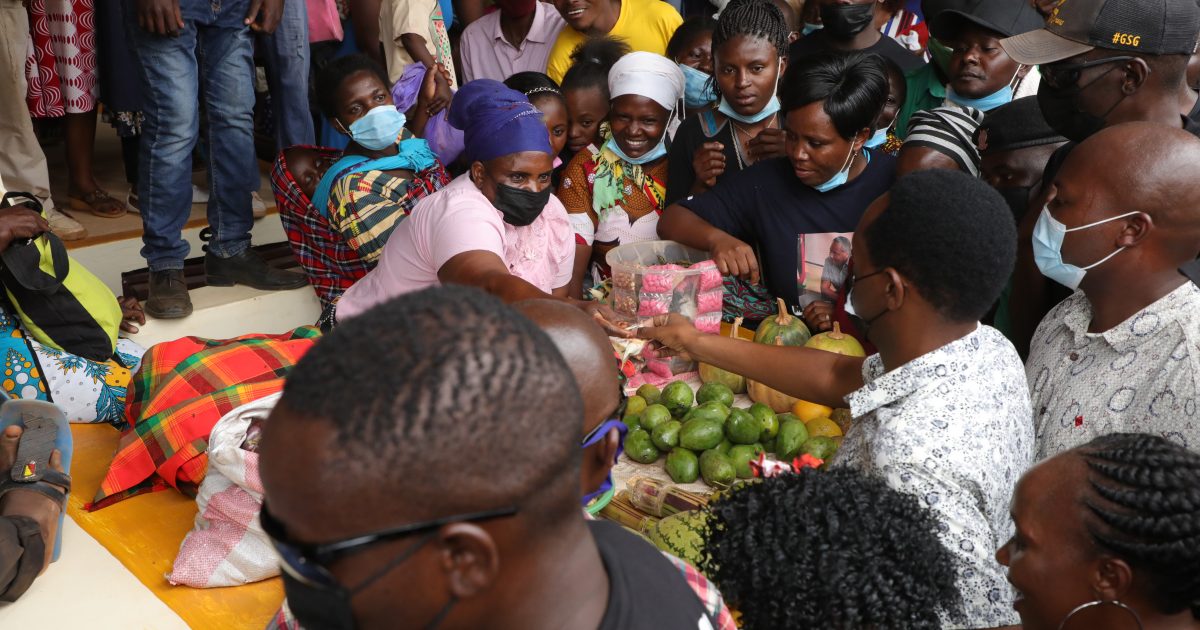The Kenya Revenue Authority (KRA) is considering ways to collect more tax from Small and Medium Enterprises (SMEs), as the informal sector plays a critical role in the country’s economic growth.
KRA North Rift Regional Commissioner Moses Muia noted that KRA recognises all Kenyans who continue to remit taxes to the government of Kenya.
“The taxes we pay generate revenues that enable our government to execute development projects, provide infrastructure, and provide various services like better health care, free and affordable primary and secondary education, among other initiatives for the citizens and businesses,” Muia said.
He noted that taxation is therefore a key tool through which the government seeks to realise the economic objective.
“We recognise the role played by SMES in the economic development of our country; an estimated 80 per cent of Kenya’s work force falls into this sector and are actively involved in generating income through various economic activities,” he said.
Muia said that cumulatively, SMEs contribute approximately 40 per cent of the GDP, with the majority falling in the informal sector.
“Despite the high numbers, SMEs contribute about 15 per cent of the Domestic tax collection and tax payers with an annual turnover of below Ksh 50million contribute an average of 6 per cent of the total domestic taxes we collect as a country,” he noted.
The Regional Commissioner said KRA is therefore keen on educating tax payers in this category to enhance the level of awareness with their tax obligation through various forums such as informal engagement, webinars and round table meetings.
“With increased awareness, we believe the SMES will become active tax payers and contribute significant revenues to the country’s development. I therefore encourage all players within the SMEs sector to come on board and contribute their equitable share of taxes to the government,” said Muia.
He further noted that KRA is ready and willing to facilitate the citizens with knowledge and any other relevant support that they may need on the journey towards tax compliance as a country.
Muia added that KRA has adopted a facilitative approach with all customers to build cordial relationships to improve tax literacy and promote good will for payment of taxes.
Muia said that KRA has expanded its services by offering creation of SMEs desks at all tax service offices, this is a dedicated desk offering various services to taxpayers within the SMEs sector.
“We are also expanding our services footprint in the region by opening additional offices country wide which will bring our services closer to the people of this nation and these new stations will be complimented by our service desks which are available at all Huduma centres within the country,” he added.
“Likewise we have enriched our ushuru mashinani initiative a programme that enables tax awareness and ushuru conversations at the grassroots and through that we are able to reach far flung areas to help our people understand the roles played by taxes in the country and how they can come on board and be active contributors to Kenya’s development agenda,” he noted.
“To enhance all source revenue mobilisation we are collaborating with county government to enhance revenue collection at county level as KRA successfully supported Nairobi county government in coming up with cashless revenue collection system and we were able to collect over Ksh 3.81billion in taxes and levies from over 137 revenue streams,” said Muia.
He called upon leaders to collaborate with KRA to ensure that taxes become part of day to day conversations at all engagements.
By Judy Too





